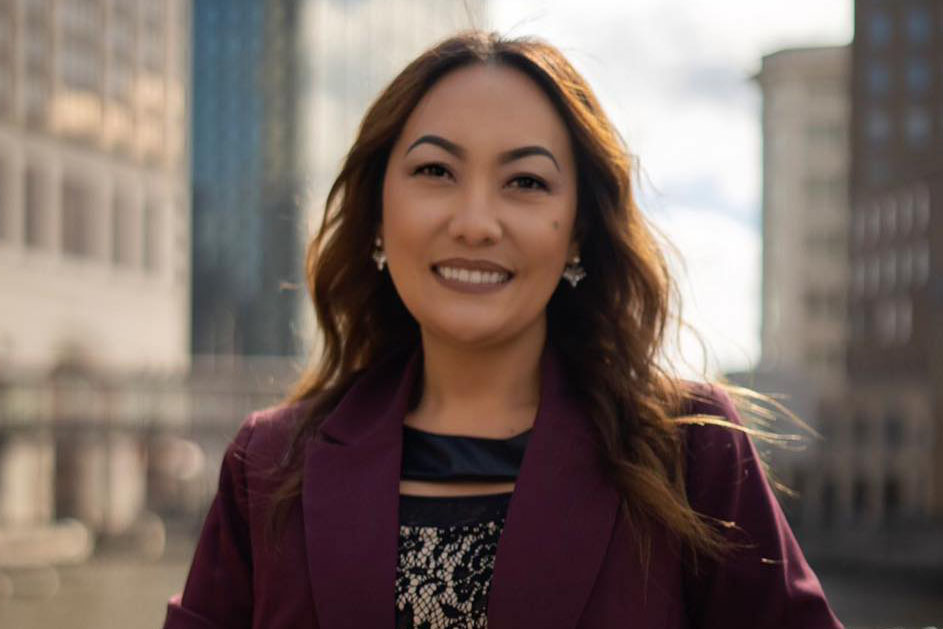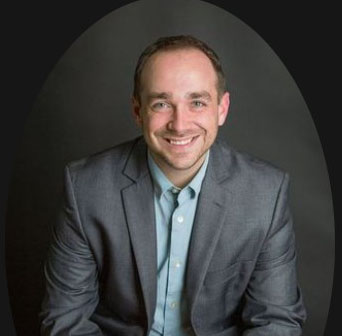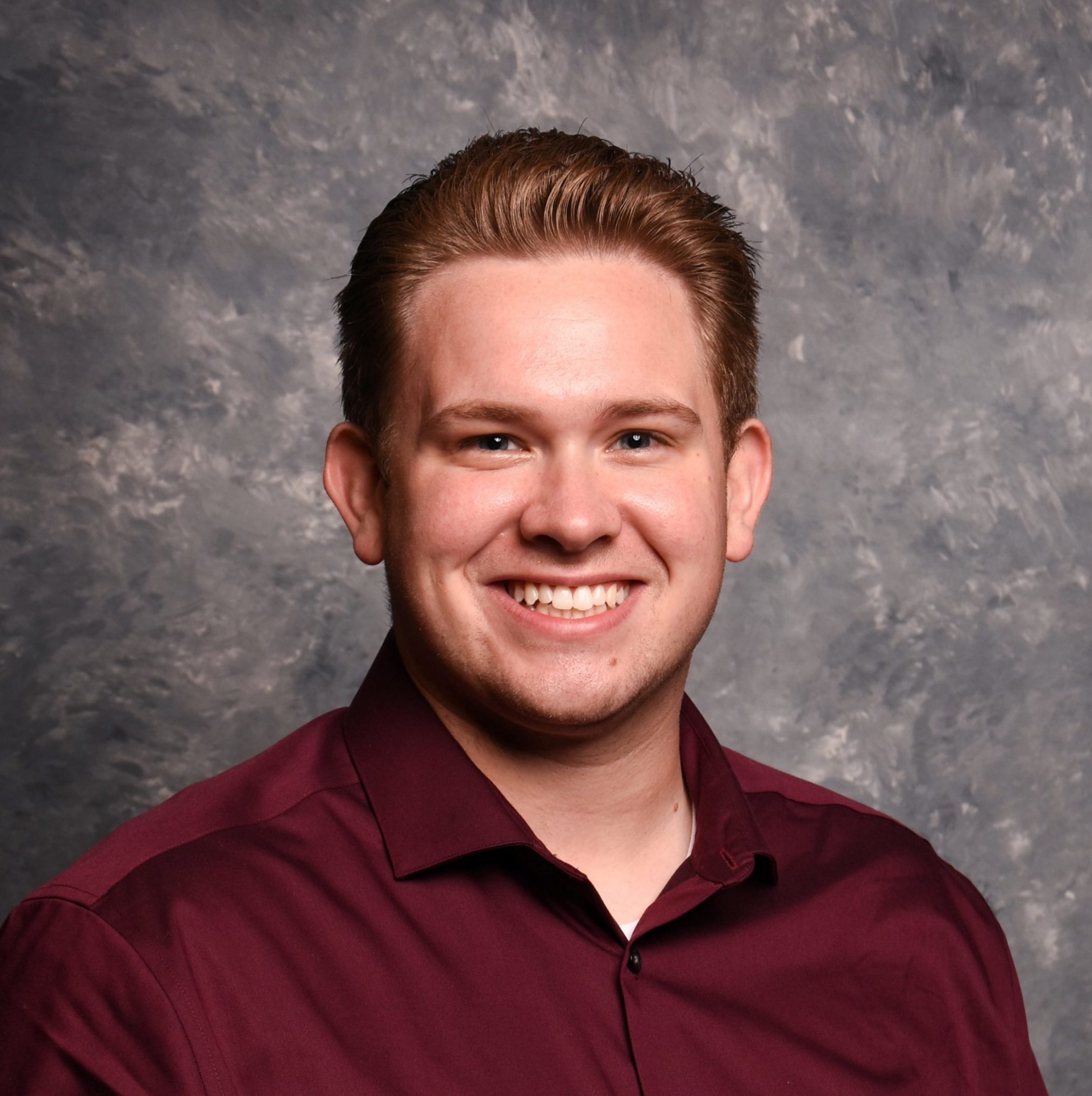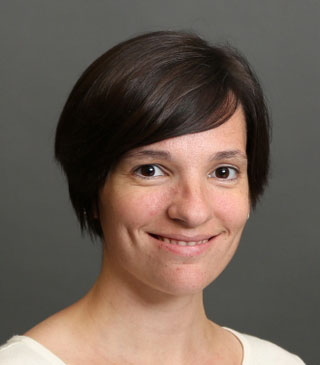Retiring Quarles & Brady attorney called his own Schott during his career
By: Dan Shaw, [email protected]//October 4, 2021//
Retiring Quarles & Brady attorney called his own Schott during his career
By: Dan Shaw, [email protected]//October 4, 2021//
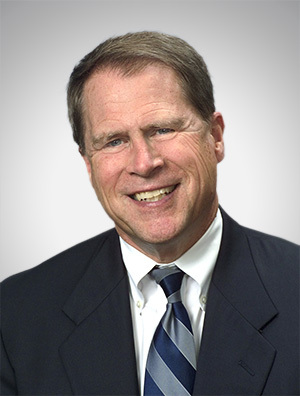
Better than most, Don Schott understands Merrick Garland’s pain.
Like Garland, Schott — a longtime Quarles & Brady attorney who retired at the end of last month — was appointed in 2016 to a seat on a federal court by former President Barack Obama. And just as Garland saw his hopes of joining the U.S. Supreme Court dashed by Senate Majority Leader Mitch McConnell’s refusal to approve any of Obama’s nominees until after the election, so Schott was denied his opportunity to sit on the U.S. Court of Appeals for the Seventh Circuit. (Although Schott, unlike Garland, did at least receive a hearing before the Senate confirmation committee.)
For Schott, a seat on a federal bench would have been the perfect cap to a career dedicated to litigating on the behalf of business clients of all stripes. Five years on, his feelings about the outcome remain mixed.
“On the one hand, it was a great honor to be nominated. I was truly humbled by the entire experience,” he said. “On the other hand, I really would have appreciated the opportunity to end my career in public service. But given all the good things that have happened to me, it’s hard to feel too disappointed.”
Schott’s list of accomplishments is long. Graduating with honors from Harvard Law School in 1980 — after majoring in political science and history at UW-Madison — Schott joined Quarles & Brady’s Milwaukee office almost immediately. He started as a litigator and remained one for his entire career, relishing every chance he had to take a case to trial. His expertise touched on everything from securities, business fraud and commercial disputes to health care and energy-related disputes.
His hard work, honesty and intelligence eventually earned him a place on the firm’s executive committee, on which he served from 1999 to 2016. Just before his retirement, he was serving as general counsel to Quarles & Brady, providing legal advice to the firm and its roughly 1,000 employees on subjects ranging from ethics to conflicts of interest.
Schott recently sat down with the Wisconsin Law Journal to reflect on his career at Quarles & Brady and the state of U.S. judicial system in general. (This article has been edited for brevity and clarity.)
Wisconsin Law Journal: When you started out, how did you set about building your practice?
Schott: I didn’t necessarily want to have any particular specialty. I was instead looking for cases that had a strong chance of going to trial. I’ve always really enjoyed the chance to not just argue motions and take depositions, but actually get into a courtroom and try a case.
Back in the ’80s, it was still the case that few cases were going to trail. But it was probably more cases than go to trial now. So the opportunity for a young litigator to try a case was greater than for young people starting out now.
WLJ: What’s so appealing about taking a case to trial?
Schott: I would say two things. No. 1 — you see the result of all the labor you put into preparing a case, taking a good deal of time to be diligent and make sure you’ve really thought through the legal issues. A trial is where you see all that come together and come out in a way that’s good for your clients. Then there’s simply the gratitude of your clients. You’ve put in a lot of time and they know how hard you’ve worked at it, then there is a sense of satisfaction and gratitude that I always feel is really reassuring.
Often times, settling is the right thing. But if you’ve done a good job of preparing a case and getting it to the point where you have a good case, that is often beneficial to your client. And trying your case allows you to use a whole range of advocacy skills that don’t always come into play in that part of litigation proceedings that lead up to trail.
WLJ: A lot of lawyers are leery of leaving their fate in the hands of jury. What do you think of the jury system?
Schott: The jury system is an interesting concept. When you stop to think, you’re taking 12 people or six people who don’t have legal training and you’re finding a way to explain your case to them. That really is a challenge. But it can be fun.
Most cases don’t have a Perry Mason moment. But often there is something that happens in the course of a trial that, although you have done a lot preparation, you have to act spontaneously. And that is also a very interesting and satisfying experience.
WLJ: Your career has touched on many areas of the law. How have you managed to handle so great a variety?
Schott: I think that common sense is an underrated theory of the law. If you run into something new, rather than going to the legal books right away, just stepping back and thinking about what makes sense here is a good starting place. Typically, the law does make sense. And that’s good to know when you’re analyzing a situation that you haven’t run into before.
WLJ: How has your time as general counsel at Quarles & Brady affected the firm’s direction?
Schott: I am a big believer that good client service and good risk management practices really go hand in hand. Things like engagement letters that clearly spell out what we will be doing, and involving the client in all major decisions on a matter and documenting those discussions are two examples of practices that clients appreciate and which are good risk management practices. We are continually improving our client service and I hope my efforts as general counsel have assisted in that effort.
WLJ: What are some of the biggest changes you’ve seen in the Wisconsin and Milwaukee legal profession over the course of your career?
Schott: Two big ones are the tremendous increase in productivity as a result of technology. Now we can do in few minutes tasks that used to take hours. I think that has put a premium on what I call thinking time. That can’t be rushed, and that is where good lawyers really add value.
A second major evolution is the increase of women in the profession. When I started about a third of law school graduates were women, but there were very few women partners at firms, very few female judges and hardly any women in in-house counsel positions. That has been a great change, and hats off to the trailblazers who made it happen.
WLJ: What was your proudest moment at Quarles & Brady?
Schott: When I was a young associate I worked on a case with a very senior partner. During the document review we came across a memo that was very harmful to our case. The client suggested that he could “lose” the document. The partner simply took a deep breath and then said: “No, we are not going to ‘lose’ that document or any other document that is here. We will produce everything that is responsive. Now, let’s get to work figuring out how we explain this memo.” I knew then that I was practicing in the right place for me.
Legal News
- Wisconsin Supreme Court to consider whether 175-year-old law bans abortion
- Wisconsin man facing bestiality and felony bail jumping charges
- Waukesha County woman indicted in National Health Care Fraud Law Enforcement Action
- Man sentenced to 15 months for fraud involving luxury vehicles
- Wisconsin Department of Justice Fire Marshal investigating fire that killed six
- Ozaukee County first responders save family of three, father and son on Milwaukee River
- Supreme Court sends Trump immunity case back to lower court, dimming chance of trial before election
- Brewers have American Family Field escalators inspected after malfunction results in 11 injuries
- US wants Boeing to plead guilty to fraud over fatal crashes, lawyers say
- GOP lawmakers in Wisconsin appeal ruling allowing disabled people to obtain ballots electronically
- 11 people injured when escalator malfunctions at Milwaukee ballpark
- Judge receives ethics fine after endorsing candidate
Case Digests
- Termination of Parental Rights
- First Amendment Rights
- Termination of Parental Rights
- Late Filing
- Real Estate-Attorney Fees
- Ineffective Assistance of Counsel
- Variance-Interpretation of Zoning Ordinances
- Sentencing
- Fourteenth Amendment’s Due Process Clause-Jury Instructions
- Unlawful Collection Practices-Evidence
- Sentencing-Vindictiveness
- Prisoner Grievances-Exhaustion of Administrative Remedies






